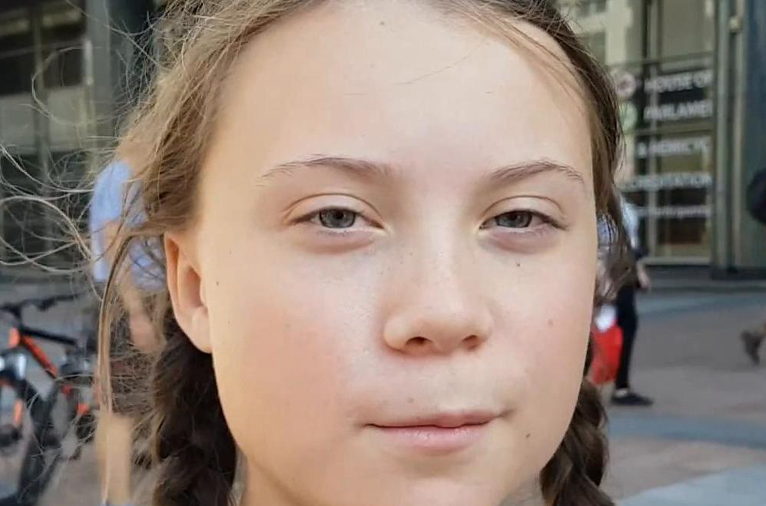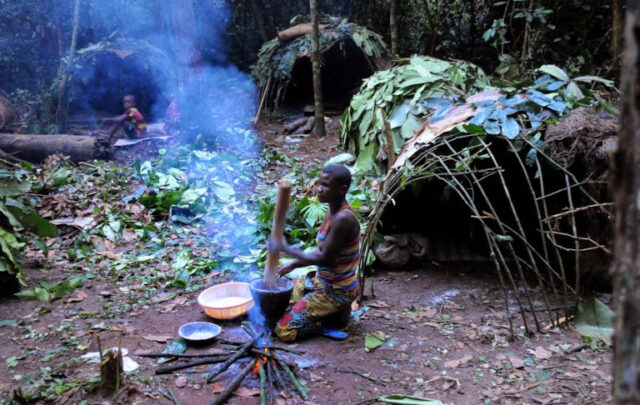Climate change is making headlines everywhere – yet we plan for our future as if the threat was non-existent and the science inconsequential. Despite increasing evidence and acceptance of climate change, greenhouse gas emissions are still rising. After years of decline, U.S. emissions have surged by 3.4% in 2018, a figure mainly driven by transportation, a sector poised to grow even more in the coming years.
This discrepancy begs the question: if carbon emissions keep rising, and our behaviors and lifestyles are not changing, what does that say about our current climate communication initiatives and messengers?
Could it be time to diversify the voices of climate change? We almost exclusively hear from the usual suspects – the media, activists, government officials, NGOs – urging us to take action. Yet it seems the more we are exposed to the same messaging and delivery systems, the more we grow accustomed and desensitized, the easier we tune it out, and the harder it is to implement change. Look no further than gun violence in America as a prime example, whereby coverage has practically become background noise in people’s homes. We cannot let climate change receive the same treatment.
For messaging to be powerful, far-reaching and relatable, we must turn to trusted, dynamic messengers who can cut through the white noise: youth.
Most vulnerable, most motivated
Young people are uniquely placed to lead the climate dialogue. If the recent UN climate talks (COP24) have taught us anything, it’s that we can count on them to push climate change to the top of the agenda. As those inheriting the planet and the consequences of our inaction, they have every possible reason to step up.
During the COP24 talks, UN Envoy on Youth Jayathma Wickramanayake made a compelling case against sitting idle: “we are the ones who will live with the outcomes of this process.” In the United States, that vulnerability even transcends party lines, as more Republican millennials are supporting climate change than their counterparts from older generations.
That vulnerability is key, not only as a unifying force, but as a way for younger generations to elicit an emotional response, particularly from older audiences. The power that children have over their parents has been demonstrated time and time again: a study by climate economist Lord Stern found that children and their “pester power” in the United Kingdom have been effective at initiating attitudinal and behavioral change in parents. Youth thus have significant leverage to motivate concern and inspire true societal change.
Not only are they most vulnerable, they are also most motivated and solutions-oriented. In a study on how young people engage with climate change, Climate Outreach Research Director Dr. Adam Corner and his co-authors found that they were not supportive of narratives that framed climate change as a future problem, or even as a polarizing one.
Young people have no tolerance for complacency: they have never known a time when climate change was not a threat. For them, it is about the ‘here and now’ and talking ‘solutions not science.’ Being the most digitally connected generation yet, our youth have the capacity to channel that motivation into globally coordinated efforts. Seeing as they will soon become our future leaders, decision-makers and consumers, it would be absurd to exclude them from our climate communication initiatives.
They say it like it is: no strings attached, no vested interests
From a child we expect complacency and subordination. Paradoxically, we also look to young people as a symbol of hope, energy, and aspiration. As soon as they step out of bounds, they attract attention. Greta Thunberg, a 16-year-old who skipped 3 weeks of school to sit on the steps of the Swedish Parliament, is a classic example. She stole the show at COP24 with her impassioned plea urging government officials to take responsibility with climate change.
Greta became a global sensation overnight, and her message echoed throughout the whole world not because of its content but because of who she is: a child. Her age gave her the freedom to call her government irresponsible. “I don’t care about being unpopular,” she said. Children, having no vested interest except their future, do not have to censor themselves. With less responsibility and more to lose, they have the ‘social freedom’ to say it like it is.
As we age, we have a tendency to side with what supports our worldview. Given that their values, worldviews and identities are not fully internalized, young people have the mental flexibility and open-mindedness many adults have lost. Therefore, they may be able to offer new ways of responding to climate change, making it critical to include them in communication efforts.
Climate Outreach has shown that young people can be just as effective crafting a message as they are delivering it. In April 2018, they hosted the Climate Action Retreat, for people aged 18-29 to co-create interactive media formats and inspire climate action among their peers.
Inviting youth into the climate conversation is more than just giving them a voice. It means giving them a seat at the table and listening to what they have to say. Youth-led organizations all around the world, such as Zero Hour, Climates, Youth Climate Leaders, or Young Friends of the Earth, as well as the many youth plaintiffs suing their governments, are stepping up where adults are not. Let’s start listening.
Photo credit: Climate Outreach





